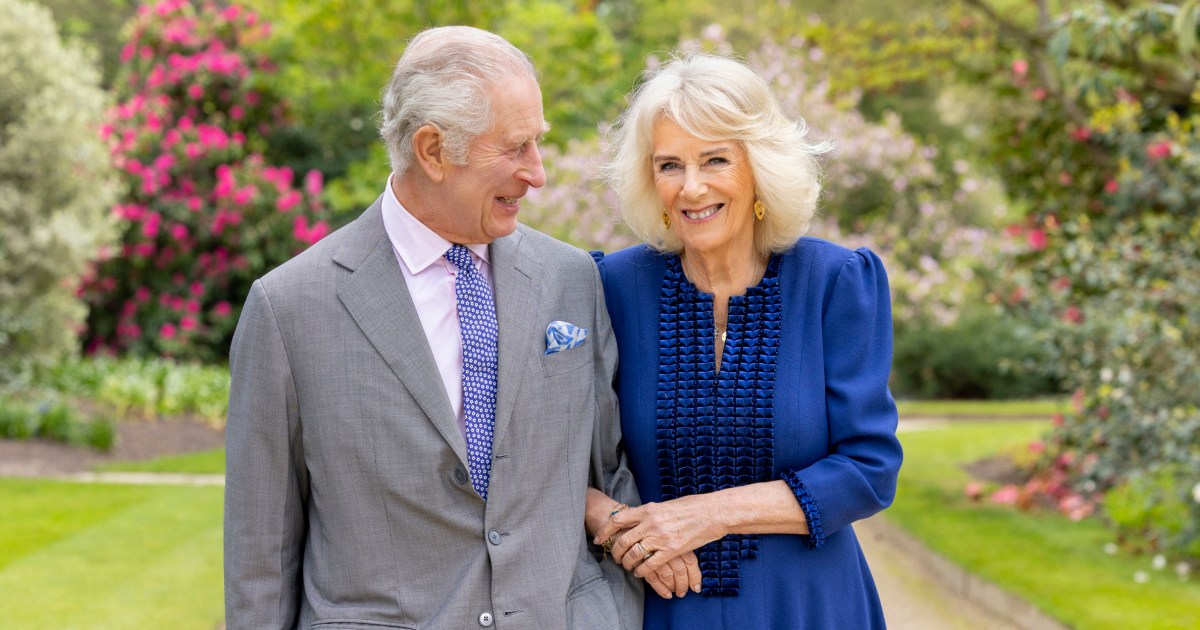
Charles, 75, has been restricting himself to private duties since being diagnosed in February with an unspecified form of cancer. Doctors discovered the cancer after the king was hospitalized with an enlarged prostate, although the palace says that he does not have prostate cancer.
The king’s “treatment program will continue” and “doctors are sufficiently pleased with the progress made so far,” the palace said Friday. “It is early to say” how much longer the king’s medical treatment will last, it said, but his medical team is “very encouraged by the progress made so far and remain positive about the king’s continued recovery.”
Though Charles is resuming duties, “it will not be a full summer program” and “will remain subject to doctors’ advice,” it said, adding that he “is greatly encouraged to be resuming some public-facing duties and very grateful to his medical team for their continued care and expertise.”
The king’s shocking diagnosis has heralded a fragile period for Britain’s royals.
Kate, the Princess of Wales, revealed last month that she, too, was being treated for cancer. Weeks of speculation over her health and whereabouts were only fueled when her team posted a photo that had been manipulated by the princess.
Kate, 42, is receiving what her team described as preventive chemotherapy. But both she and Charles have declined to specify either what type of cancer they have or details about their prognosis.
Their convalescence has left the royals somewhat shorthanded.
Shorn of their widely popular talisman, Queen Elizabeth II, after her death in 2022, the family is also down some would-be workhorses in Prince Harry and his wife, Meghan, the Duchess of Sussex, as well as Prince Andrew.
Kensington Palace said that Kate would return to the public eye after Easter, although that public holiday has come and gone with little sign of the princess.
Unlike Kate, who has not made an official public appearance since late December, Charles returned to the public eye at the Easter Sunday service in Windsor last month. “You’re very brave to stand out here in the cold,” he told members of the crowd as he greeted well-wishers on what was a chilly day.
Nevertheless, the king has been frustrated with the length of time his recovery is taking, according to his nephew Peter Phillips.
The saga has also highlighted a disconnect between the royals’ expectation of privacy and demands by the public for information and accountability from the institution they help fund.
The king has received some praise for revealing his cancer diagnosis at all, a level of candor that was markedly absent when it came to royals past. Charles’ grandfather King George VI died from a lung cancer that was kept from the public, press and perhaps even the monarch himself.
Charles said he wanted to go public about his treatment to encourage other men to get themselves checked. And the page for “enlarged prostate” on the website of Britain’s National Health Service received 11 times more traffic following his announcement, the National Health Service said.
However, some doctors and other medical commentators questioned the wisdom of keeping the specific type of cancer secret: How are people supposed to get themselves checked out for a disease that has myriad different forms and symptoms?
Charles’ swift diagnosis and treatment have also highlighted the dilapidated state of the NHS itself, a taxpayer-funded institution that’s historically been a source of pride for Brits, thanks to it being universally free at the point of access. Years of budget cuts mean the NHS is creaking, and waiting times and survival rates for cancers across the board have slipped in comparison with other countries.

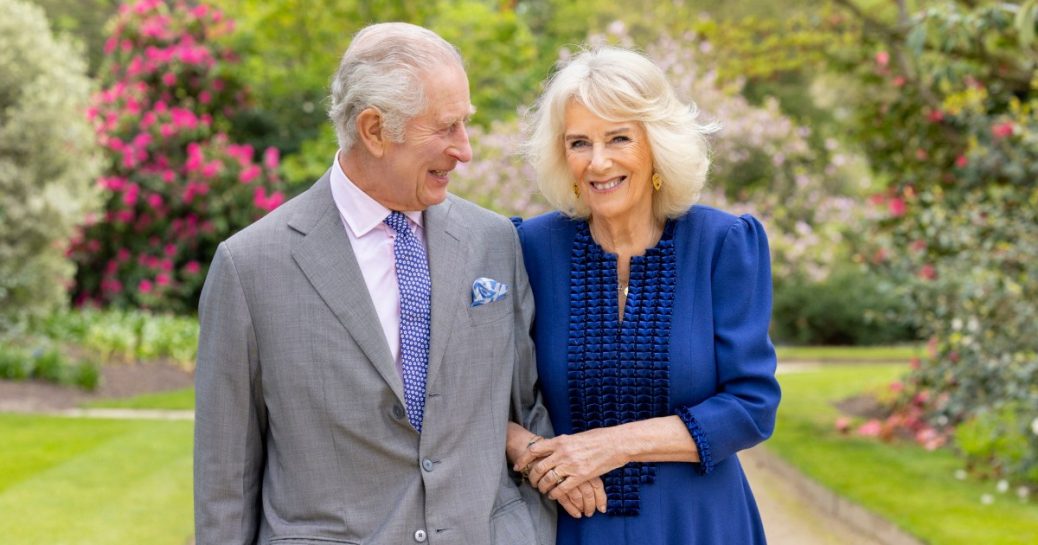
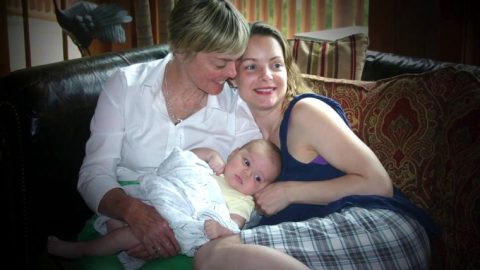


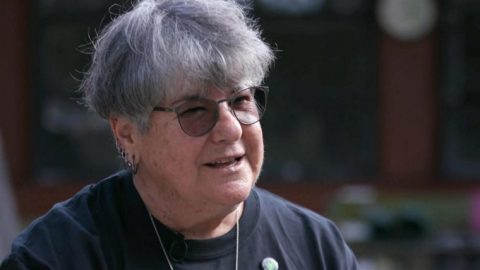
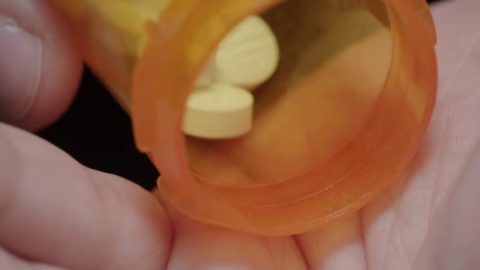
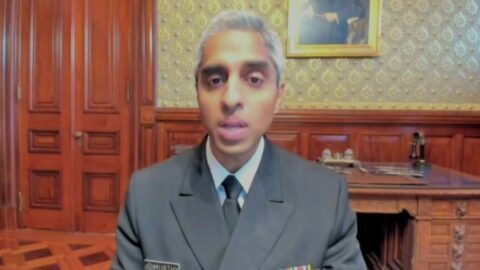
Recent Comments